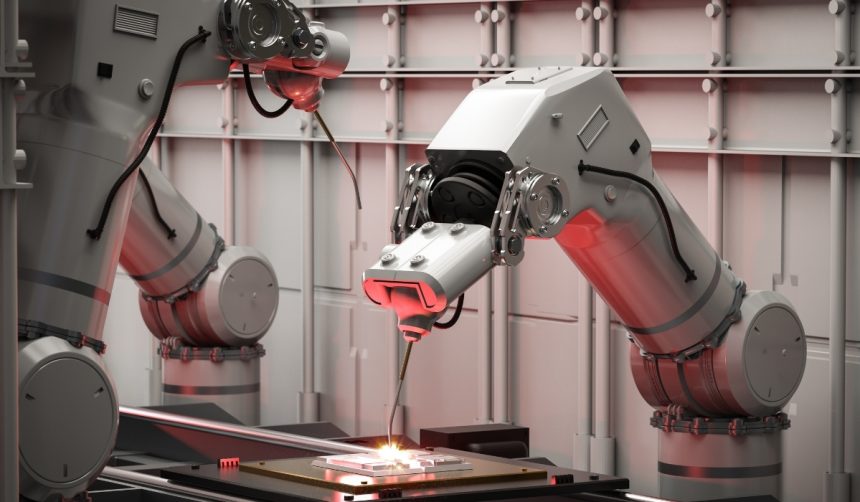A new coalition has formed with the aim of highlighting the economic impact of autonomous vehicles (AVs) on the U.S. workforce. The U.S. AV Jobs Coalition, a collaboration of businesses, nonprofits, and advocates, seeks to offer comprehensive research and resources regarding the effects of AVs on job creation and the broader economy. The coalition’s efforts come at a time when advancements in AV technology present unique opportunities and challenges for the labor market.
The U.S. AV Jobs Coalition stands to provide extensive insights into the potential of AVs to create up to 450,000 jobs over the next 15 years. This estimate is significantly higher compared to earlier projections, reflecting the rapid advancements in AV technology. The coalition’s goals align with earlier initiatives by other organizations, focusing on the transformative potential of AV technology in terms of job creation and economic growth. The new coalition, however, emphasizes a structured approach involving policy frameworks and stakeholder input to harness these opportunities effectively.
Previous reports suggested that AV technology would mainly replace existing jobs, but recent findings indicate a more optimistic outlook. While job displacement remains a concern, new career opportunities are emerging within the AV ecosystem. This development contrasts with earlier views that primarily focused on the risks of job losses due to automation. The current outlook underscores the importance of proactive measures to manage workforce transitions and capitalize on new job prospects.
AV Workforce Directory
The coalition announced the creation of a comprehensive directory to help stakeholders understand the impact of AVs on the workforce. According to Tara Andringa, executive director of Partners for Automated Vehicle Education (PAVE), the directory will include research articles, training programs, policy recommendations, and fact sheets. Andringa stated,
“We are building a robust directory of information on AVs and the workforce to help others better understand what this technology could mean for workers and the economy.”
Economic Opportunities
Mufaddal Ezzy, senior director of Public Affairs at Aurora, highlighted the economic advantages of AV innovation. He asserted that self-driving technology could be a catalyst for job creation and economic growth. Ezzy emphasized,
“There’s a real, achievable path for state and local governments to welcome autonomous vehicles and thereby promote investment in their communities, enhance safety, and create jobs.”
The coalition’s policy recommendations include establishing workforce innovation committees, conducting targeted research, developing training programs, and investing in educational grants. These steps are designed to prepare the workforce for the emerging opportunities within the AV industry. By involving diverse stakeholders and leveraging existing resources, the coalition aims to create a conducive environment for AV job growth.
The initiative by the U.S. AV Jobs Coalition highlights the significant potential of AV technology to transform the labor market. By providing a structured framework for policy and education, the coalition seeks to maximize the benefits of AV innovation while addressing potential challenges. The involvement of various stakeholders in this effort underscores the collaborative approach needed to navigate the evolving landscape of autonomous vehicle technology.










